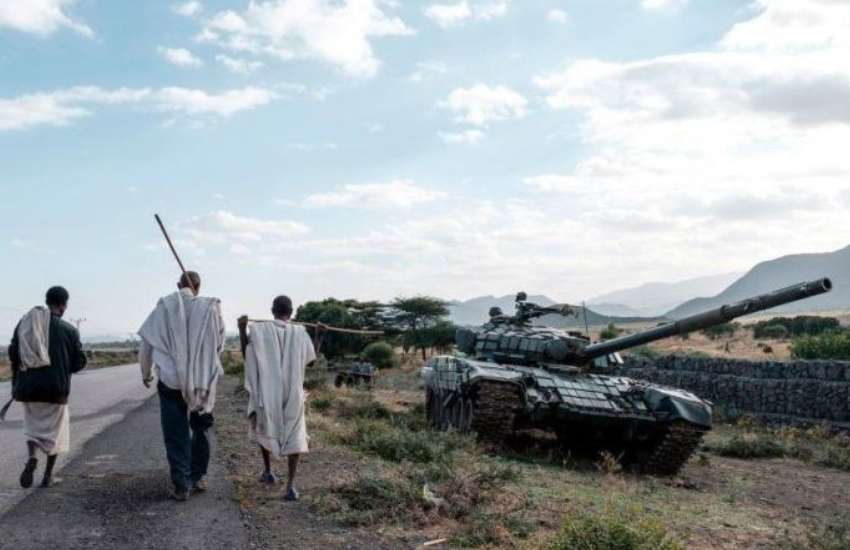×
The Standard e-Paper
Home To Bold Columnists

The conflict in Tigray, Ethiopia, pitting federal government soldiers against the Tigray People Liberation Front (TPLF) militia appears to have escalated.
The conflict began on November 4, 2020 when Ethiopia Prime Minister Abiy Ahmed ordered the army to attack TPLF as a response to attacks by the TPLF forces on a military camp in Tigray.